Social Media White Nationalism First Amendment Combat
Regulating "sticks and stones" … and complimentary spoken communication on social media
Regulating "sticks and stones" … and complimentary speech communication on social media
Guest weblog mail by Factor Policinski
Remember the former children's adage: "Sticks and stones can suspension my bones, but words will never hurt me?"
A retort to hurtful insults and harsh words that the young can sometimes bung, the proverb has picked up new impact – and irony in free speech terms – in the age of pervasive social media.
Retooled for these times, it could read "Sticks and stones practice hurt my basic, and tweets encourage some to hurt me."
Detest crimes against Asian Americans have spiked across the Usa, totaling nearly 3,800 hate-related incidents across all l states, according to a report Tuesday by Stop AAPI Hate (End Asian American Pacific Islander Hate).
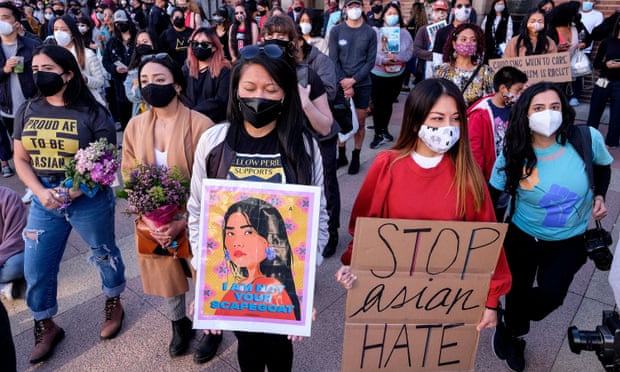
Demonstrators rally against anti-Asian violence in Los Angeles on March 13. Photo: Ringo Chiu/AFP/Getty Images
Critics say crass remarks describing the COVID-19 pandemic equally "Kung Flu" or the "People's republic of china virus" and unproven claims about the origin of the pandemic accept fueled those increased attacks. Rep. Hakeem Jeffries (D-N.Y.) has called on congressional colleagues "who have used that kind of mean rhetoric — cut it out considering you also accept claret on your hands."
White supremacist propaganda reached new levels across the U.South. in 2020, according to a new report past the Anti-Defamation League on Wednesday, The Associated Press reported. It said 5,125 cases of racist, anti-Semitic, anti-LGBTQ and other mean messages were spread through physical flyers, stickers, banners and posters — virtually double those noted in the 2019 report. The ADL said online instances probably totaled millions.
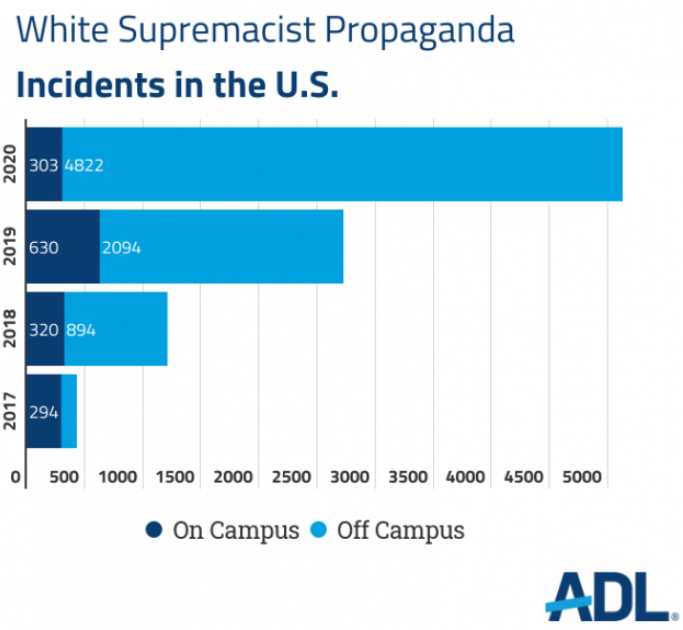
Increment in white supremacist propaganda incidents on and off-campus in the U.S. Source: ADL
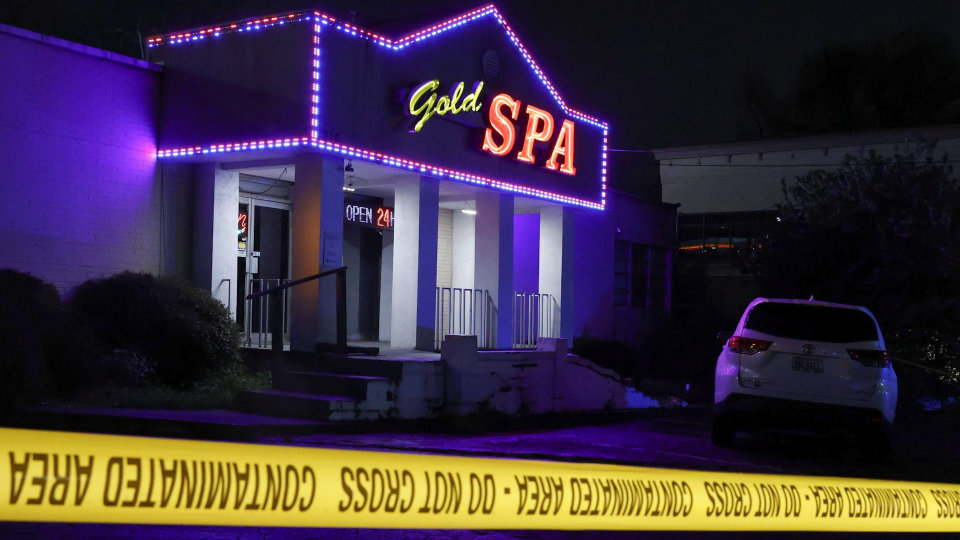
Mass shooting at spas in the Atlanta surface area. Source: WSJ
Tuesday's mass shootings at several Atlanta-surface area spas in which eight people, at least iv of Korean beginnings, were killed may or may non be classified as a detest criminal offense. Police said the suspected gunman told them he has a "sex addiction."
Regardless, the incident already has raised renewed calls for regime intervention to censor posts on social media sites that might be classified as "detest voice communication" – from conspicuously racist language to images and words that prolong decades-old demeaning stereotypes. The sites currently are protected past their ain free speech rights and an added layer of legal security that prevents them from being held liable for content posted on their operations.
In that location's no denying the value to lodge of stifling hate and ridding us of racial and ethnic profiling rooted in shameful history. But the authorities has proven to be very clumsy and very deadening as a censor.
"Community standards" on obscenity take been difficult to define let lonely fairly impose. The and then-called "Fairness Doctrine" applying to broadcast Tv set and radio somewhen failed considering information technology produced the unintended consequence of chilling the open exchange of conflicting ideas. When TV or radio personalities have uttered racially insensitive remarks, the "courtroom of public opinion" reacted within days while a court of law properly took months or years to work through due process.
And, as Supreme Court Principal Justice John Roberts wrote in a 2011 determination involving a group that protested at military machine funerals, "as a nation we accept chosen a different course – to protect even hurtful speech on public bug to ensure that we do not stifle public debate." Roberts besides noted such a delivery is to be upheld fifty-fifty recognizing "spoken communication is powerful. Information technology can stir people to activity, move them to tears of both joy and sorrow, and – as it did here – inflict cracking pain."
Still, the speed, achieve and very nature of social media seems to nowadays a new challenge to the old thought that "the antidote to speech you don't similar is more than speech" in opposition. Does mean speech on social media create, in effect, a virtual community in which such language and imagery is not but acceptable, but with the impact of repeated echoing, has such resonance that some will exist driven to action?
The quickest solution is for Twitter, Facebook, Instagram, and such to human action themselves to stifle unsafe posts. Simply do nosotros want secret algorithms and private panels equally the sole determiners of what is dangerous, and the proper remedy of what it or they deem improper oral communication.
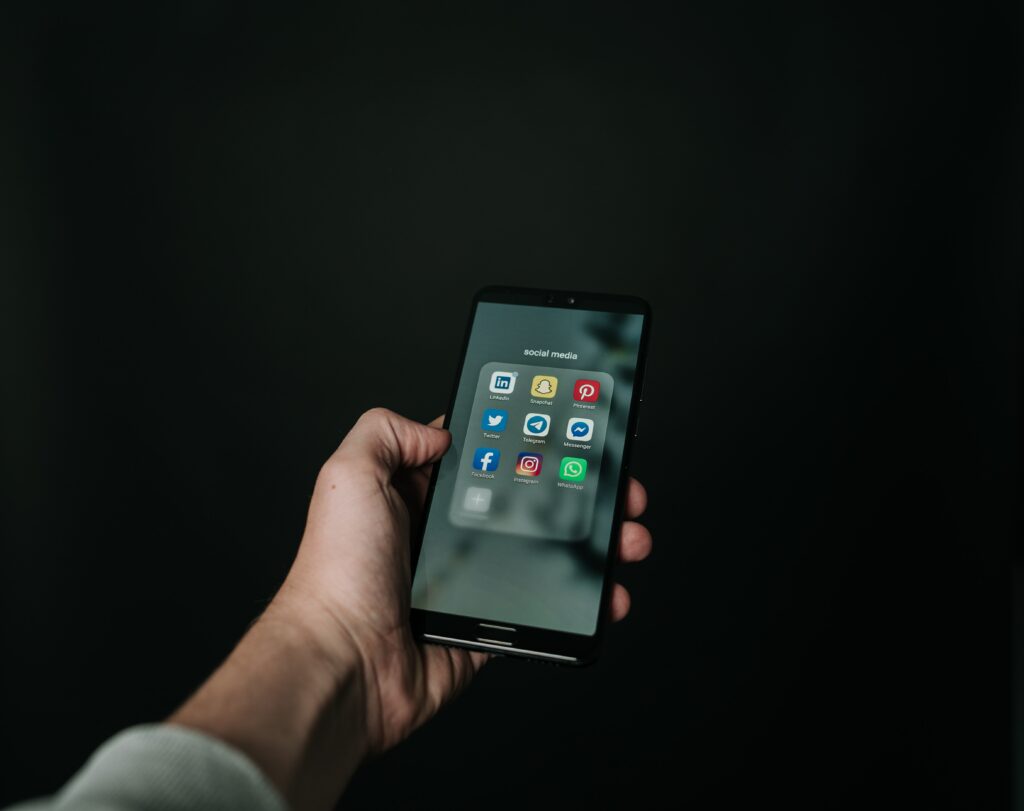
Bourgeois commentators decry "Abolish Culture" and assault social media outlets for what they say is unfair treatment limiting conservative voices – even when such restrictions are practical to such things as articulate misinformation about the effects of COVID-19 vaccinations. Liberal voices want bans on right-wing posts equally racist and advancing white supremacist ideas, failing to recognize what Supreme Court Justice Robert Jackson noted in the late 1940s: We sometimes need to hear ideas we find repugnant if only to be better armed to refute them.
There are other expert reasons to wish the 24/7 omnipresence of social media could be restrained: So-chosen "revenge porn," instances in which family members must endure over and over reposted public images or videos of loved ones insulted, assaulted, or killed. And so at that place are the kinds of societal dangers noted in a just-declassified report from the Function of the Managing director of National Intelligence (ODNI), which constitute evidence that Russian federation and Iran both attempted through online tactics to influence public opinion during the 2020 presidential election.
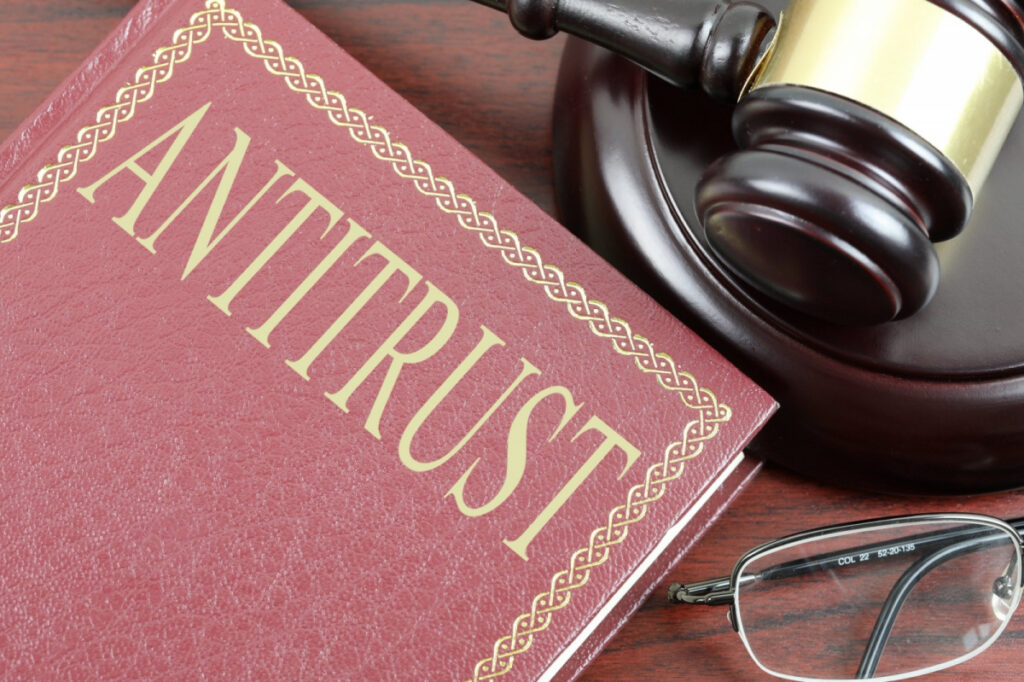
What to do? Some solutions are relatively benign and hold great promise. Fostering competition in the social media sphere – either past funding startups or use of anti-trust laws – will reduce the power and impact of a few dominant Large Tech firms. Some social media companies already have taken steps to eliminate the financial rewards for posting breathy misinformation designed to produce equally many "clicks" every bit possible.
Public force per unit area, fifty-fifty if it'due south after-the-fact, also produced results more quickly than would moves by authorities regulators – and tin can serve every bit an instant barometer of public opinion. Racially-rooted jokes largely are absent in open society today not because a police force was passed, merely because the jokester finds quick disapproval – and for some, commercial, social or political consequences.
We take found ways in laws openly arrived at and tested openly in the courts to prevent – or at least punish – voice communication accounted harmful. We can file lawsuits over defamatory remarks and the regime can prosecute comport spurred by "fighting words" that are outside First Amendment protection.
There are ways to depict the fine First Amendment lines betwixt repugnant ideas and illegal conduct: The Supreme Court has ruled that cantankerous-burning can serve as an emblem of racist views and thus be protected oral communication just becomes criminal conduct when the intent is to intimidate a person or group.
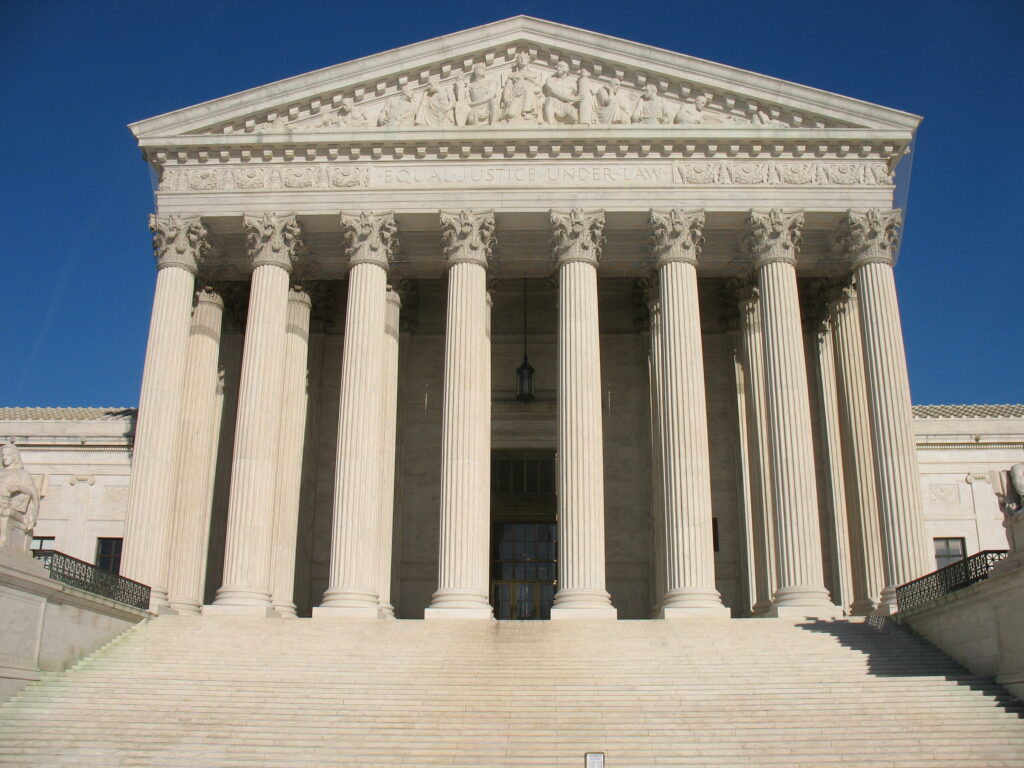
Difficult to brand such decisions, create such laws or draw such lines? Yes. Likely to be stop-start, one-step-frontward-at-a-fourth dimension path to a workable organization? Again aye. Likely to fall brusque at times and be frustratingly slow fifty-fifty in success? Almost assuredly. And in the end will we need to simply have personal responsibility to question what we read, hear and see? Absolutely.
Information technology will take that kind of artistic approach, deep appointment, constant vigilance and frequent revision and revisiting if nosotros wish to terminate brusk of some kind of proposed instant cure similar a national speech arbiter – an impossible job, but with the real ability of the government to dominion for a time over what we say or post.
Cistron Policinski is a trustee of the Get-go Amendment Museum and a First Subpoena scholar. He can be reached at genepolicinski@gmail.com.
Related Content
Watch our One on i interview with Gene Policinski.
Check out the residuum of our One on one series: curt, in-depth interviews reveal how Americans practise and value their Starting time Subpoena freedoms, and will encourage you to do the same.
0 Response to "Social Media White Nationalism First Amendment Combat"
Post a Comment